List do Galatów
Confession is showing the Lord Jesus that in this place it hurts and a little there, so that He would kiss these painful places, so the pain goes.
Roman Bielecki OP: Why do we speak so often of confession? Is it proof of the vitality of this sacrament or rather our sense of being helpless in being one with its spirit?
Wojciech Ziółek SJ: Probably one and the other. Most of us can sense that thanks to this sacrament it is possible to do a lot of good, and at the same time, a lot of wrongdoing. Each of us in this regard has considerable experience – ranging from the time when it seemed that we had caught the Lord by the proverbial coat tails or when we did not know what to do, to shout or cry.
I remember how in year two of senior high school I went to confession to one of the churches in my home town of Radom. In the retreat they told me that it’s good to have a “home” confessor and best that he be a friar. So I went.
It was a typical “on the bell” confession. I rang the bell for the priest and waited. And to this very day I do not know whether I interrupted the priest’s dinner, his reading the newspaper or his after-dinner nap – for when he came, he was very angry and shouted at me like a madman – raging mad, for a long time. For the next twenty two years I didn’t even set foot in this church. And when I wanted to enter the ranks of the Order, I didn’t know exactly to which but knew that certainly not to this one, haunted by the mad friar.
Did Father manage to overcome this open wound?
Yes – after twenty years of being in the Order. I thought to myself: Ziołek you are now an adult and it’s high time to face the demons of the past. So I went to confession at that particular church. I met a young priest who was very kind to me and who said a number of valuable things. And that’s how it ended. Not everyone ends up as a friar, not everyone has enough courage to confront the confessional and so, they stop coming to confession. That of course is in fact a case of being helpless.
Once one of my fellow Dominicans said confession on the eve of high holidays was a form of “supermarket-shelf penance”. This met with a strong reaction from one of the bishops who pointed out that such expressions are inappropriate. How does Father see such ad hoc confessions? Does this practice need to be condemned or reformed?
As a Jesuit it is not my place to instruct Dominicans – though if one my fellow Jesuits were to make such a comment, I would ask him: “And who are you to make such hasty judgements of your fellow man? How do you know what really makes him tick?”
I have a particular liking for confession on the eve of high holidays. In my time I have been both a priest in the traditional sense and one looking after an academic community, so I know what I’m saying. I give absolution then as long as I can – and feel as I’m in the temple of Jerusalem during Pascha. Some bring lambs as a gift here, over there a crowd is spilling over, while over here some are selling doves – literally a bustling circus of human activity, noise and no room to move. I particularly enjoy confession on Easter Saturday when on the one hand people come with little baskets to be blessed, and on the other, as they stand in giant queues to the confessional. Confession is simply a heaven-earth reality.
It is a time when people bring all their burdens together with the sausage to be blessed. They come, stand in a line, wait, give up or don’t. It varies – but only God can see into their heart. Something though, tells them to stand in the queue and confess their sins. And – let us not be hypocrites. As a friar or as a priest do we always confess our sins without undue haste, in all elegance and in exemplary fashion?
Near one of our cloisters there is a shopping mall. First Empik mega-bookshop, Carrefour, shop till you drop and then the next on the list: the confessional – not to forget the swimming pool. Where is the dignity of the sacrament in all of this?
Actually smack bang in the middle. Thanks to this a living God appears – through imperfect people and imperfect rituals. And what about Ash Wednesday at the covering of heads with ash? Then we are all equal. Women with coiffures, only lightly tilting their beret or hat and balding men, boys in dreadlocks and girls hair jelled and lacquered, middle aged people fatigued by life with ever increasing furrows on their forehead and small children, curious as to what their elders are up to. Everyone bows their head, for that is their need. It’s not important whether spiritual or psychological – we don’t examine this in fine detail. Everyone comes to God.
A long queue to confession means that most often there is no time to speak to someone for a bit longer. What then?
Yes and no – I always try to ask: “In general, how are things?”, or “How are you managing?” If someone has something that troubles them, they’ll say if they want to – if they don’t, they won’t. Experience tells me that if something is troubling a person, they’ll speak up. Or sometimes they might not be ready.
I remember one of my confessions when I hung out all my dirty washing – which was not so easy – and heard from the priest: “Fine”. That’s all. Then he gave me absolution.
Well, in the end was this confession important for you?
Yes – in as much as that on leaving the confessional, I felt I was not taken seriously because I came expecting to hear something important – and the priest, not a word. How should instruction be understood in these situations?
I’m not sure that we should always issue teachings. Let us look at Jesus. What does the Bible say: “And Jesus was left alone, and the woman standing in the midst. When Jesus had raised Himself up and saw no one but the woman, He said to her, Woman, where are those accusers of yours? Has no one condemned you? She said, No one, Lord. And Jesus said to her: Neither do I condemn you; go and sin no more. First, always try to act for the good, second avoid opportunities for wrongdoing, third – keep to the fast…” As you can see Friar Bielecki – nothing of the kind! Jesus didn’t provide the woman with any ready made teachings. In one place he “spoke”, in another, he didn’t – because advice doesn’t come in the form of formulaic answers. Sometimes a few words are needed, sometimes only absolution. Above all, it’s important we come to the confessional as people. It is in this way that we best follow Jesus.
Then what do we need the confession for in the first place? What’s the point of going to another person and in addition, confessing to our sins?
In reality this is a question about why I don’t say to myself that I’m great or that I love myself. After all, everyone needs such affirmation – though somehow we’re not self sufficient in this regard. For this to have an effect we need to hear it from someone else, because life is all about relations. Confession is the same – declare your foul-heartedness and stupidity and hear from someone, you are now forgiven.
Someone could say that such a confession is enough at the beginning of Holy Mass – after all, confession is there as well.
At the end of the day only God knows whether a person that goes to confession had declared all their sins or not. I think though, a quiet confession in the priest’s ear as it were, is one of the great wisdoms of the Church – for it is proof that the Church takes Incarnation seriously. We are human, which means not only a passing spirit but also body. We need someone else who shall tell us – you are forgiven. Did you hear? Yes, really.
We say that confession is about sin.
I don’t agree. Confession is not about sin as such but about avowal – and twice over at that; a declaration of sins and a declaration of love. And this declaration is the subject of confession. I declare a love for Jesus, and He declares a love for me.
In that case why a listing of sins?
So that this mutual declaration of love does not simply become a purple patch of cooing removed from life – so that it be based on the hard nitty gritty. And so that I’m not accused in this place of evangelising revolutionary ideals, let us turn to the Bible where we have Peter’s confession. Jesus after resurrection, as well as the events of Good Friday asks three times: “Do you love me?” He does not ask of regrets, does not ask whether he will never again betray me etc. Jesus does not mask the wrongdoing, does not pretend that nothing has happened but asks only of love: “Are you ready to declare your love for Me after all of this?
In that case are we not to state our sins since Jesus knows about them already?
No, for that very reason – to state them one by one. It is important not to forget why.
How did Peter’s conversation with Jesus end? Peter said: “Lord, You know all things; You know that I love You”.
That is, You know how many my wrongdoings and stupidities number and You know I am aware of this. But I love You. And this is a confession – an avowal of love. And on the other hand – God says to me that despite my wallowing in the cesspit, He loves me all the same.
Only that during confession usually we are not able to cross over to that second part of the sentence. Instead we worry whether we have really declared everything.
I compare confession and declaration of sins to a scene from childhood. When we were small, we would go with friends from our block to some strange places on the river or to a building site. We would return home faces dirty, crying, with cuts and abrasions. Mum would then ask: “What on earth happened to you?” We would then mumble something, trying to make up a believable story and add that it hurts. We would show where and then mum would say “Show me, I’ll kiss it and it’ll stop”. And then what? She kissed the spot and it stopped hurting. More – it was so good that we would show other spots and add that it hurts still here and still a bit there.
A confession is just another ‘warts and all’, like a grimy kid, form of statement when we show Jesus that in this spots it hurts and a little in that one – so that He kisses these painful spots, so that they stop hurting.
Do sins need to be understood rather than felt? We don’t always have the feeling after all that we have done something wrong and at the same time, the Church teaches that it is a sin, What then? Not to confess or for peace of mind, declare this in the confessional?
If someone says they don’t understand then maybe in fact they don’t – but after all they are aware and this tells them that something is not right. And in fact for people like that the Church’s teaching are truly important.
Those penitents need to be thanked for their nobility and honesty in the confessional – for being able to express their doubts, for the fact they’re sincere and admit that they are not ready to take that further step in their life. This shows that they did not come to throw the priest’s awareness off the track and slip through the grate of the confessional but rather, they treat themselves and the sacrament very seriously. In my view, in such situations the priest should not demonstrate his puffed up moral superiority, but take the side of the penitent and try and understand him.
It is important to watch out for fiction. It is possible to declare sins so they appear not as sins. So if in our heart we do not desire change, then confession becomes simply gratuitous – and we deceive only ourselves. I believe that the task of the confessor is to make those in penitence aware of this. Naturally with great delicacy, but without beating about the bush. Noone likes fiction of this sort and people – especially the young – have a great desire for authenticity and frankness – there is a lot of altruism.
In that case how do we shape our sense of conscience?
Let’s look at it from a definition of sin – and I don’t mean subtleties of interpretation in the Bible. Sin is when a person strays from life’s aims. And this becomes painful. It’s as if avoiding a penalty in a world championship final. So that it becomes clear though that I have strayed from my aims, I need to have these in the first place and find them important.
Saint Ignatius Loyola in his Spiritual Exercises does not begin from a definition of sin, only from the Foundation, which says “Man is created to praise, revere, and serve God our Lord, and by this means to save his soul”.
When we find our aims and then see how far we have strayed, we begin banging our head against the wall – and this is a good feeling of regret for sins and a real pain arising from having committed them.
I’m afraid that from catechism at school we do not take any sense of aims but an official image of God. That is why later on a priest is simply an official and the confessional, a counter at the office where you go to record a statistic.
An official approach to God is based on settling debts that are starting to mount. And on the one hand in fact, there is the debt that is sin and without that experience of God’s presence there is no Christianity. The only problem is that this debt cannot simply be repaid – like pulling a rabbit out of a hat. That is why Christianity is demanding. It is easier therefore to live a life without a sense of debt than knowing that you owe everything to someone for the very fact that you are alive – for you have been saved from passing without necessarily making a contribution. Christianity is the joy we experience being found. I wept in the corner like the proverbial lamb that lost its way and noone was able to find me – only He, my God, found me and gave comfort.
What then with the rather mechanical confession on the first Friday of the month? What do we say to parents that send their children to confession? Children at first go then begin to say: “There’s no point going on the first Friday – why, I haven’t sinned”. But mum and dad’s intuition tells them: “If we don’t accustom them to confession, then soon they won’t come at all”.
First, let us not call confession on the first Friday mechanical, as if going through the motions and second, we shouldn’t interfere in the way parents raise their children. We shouldn’t tell them what to do and how they’re to be parents – for they are with their children every day and just as they teach them to eat and speak, they know how to teach them confession.
The monthly confession is not so much a mechanism but rather a ritual, and rituals have a special place in relationships. I remember from my own childhood how on Saturday my father would polish everyone’s shoes. This was a very important ritual. We had a small flat, so he would clean and polish them in the bathroom. Why? For the next day was Sunday, and Sunday is a day other than all the others. Only man can see the difference between the days – my grandfather’s cows did the same on Sunday and Friday, that’s how they are made (laughing). Humans on the other hand can see the difference – can celebrate holidays, can observe the fast.
It all depends what status is given to the first Friday. If mum says in an indifferent voice, lying on the sofa: “Go to church my dear, confess”, while watching The Losers, then this becomes a tragedy. If, however, she says to her son :”We’re going together to confession to open our heart to the Lord Jesus – for everyone of us is weak – for He still loves us very much, including mum and you my dear too”, then you can see immediately that this is a different line of thought, this is a different first Friday.
Behind this approach by parents there lies the fear that at some point a child will have to go through a crisis of faith – and parents thus try to put this off as far as possible in time.
And justifiably so. Children need to be given some fundaments. My grandfather never worked on Sunday, even when the local priest gave a dispensation for harvesting, when it finally stopped raining. Grandmother would say to him: “Franek we should go?” And he would reply: “If you wish, you can go. I won’t, for work on Sunday turns to shit”. He would put a white shirt on, buttoned up to the collar – any more and he’d choke. He would go the bench near the road and talk to the people there all day or with us, play the card game ‘Thousand’, because it was Sunday, the Lord’s day on which we praise God by resting, and not work. Grandfather has long been gone and what has remained for me from all of this? Simply, I don’t work on Sundays either, for work on Sundays turns ……..
What will children be left with from this practice of going to church on the first Friday? Maybe not a lot and sooner or later they shall go through a crisis of faith because their mother’s explanation won’t be enough any more. Even if they will question this childhood practice some time in the future (a part of growing up in regard to faith), somewhere under the surface the attitude of parents will have its impact to the very end.
Let’s stay with the issue of children. The means of experiencing school-type confession can burden our conscience. How can we change this?
It’s true that we often remain at the level of a simple ledger of conscience from the First Communion Book. The years pass, communion outfit now tight, and we continue to try and fit into it. We’re forty and say that we don’t listen to our parents, pray to God etc. Not to mention keeping the fast on Friday, which in Polish culture has a rather cosmic dimension and is treated the same as the commandments.
And even more so. It’s a type of zero commandment. First there is: “Israel hear, thou shall fast on Friday”, then for a long time nothing and only then: “You shall love the Lord your God with all your heart …:” The fast is the fundament – and the fast on Friday in the Octave of Christmas and Easter, unless some bishop deigns to agree that on that day there is to be no fast. Should he forget to issue the decree, then contrition and you need to confess. And even if he does remember, those that are more sensitive, wiser through experience, will all the same fast just in case.
Let us return to an examination of conscience. How is an adult meant to go about this? Often we see people coming with a list of detailed sins.
Dear Father let us not judge people harshly who come to confession with notes. Maybe some are afraid or their present psycho-spiritual state is such that if not for the ‘shopping’ list, they would go to pieces? Or maybe this piece of paper is a sort of “social minimum” – for thanks to this, they can look into their conscience, at least on the basis of a list. Maybe this is far from perfect but after all, we should always remember our weakness as humans and what Jesus said – that at present you still do not understand but afterwards you shall know…
That’s the case with the minimum, though the maximum I’d say is what St Ignatius says – that an examination of conscience is the ability to see God’s place in me and how He works. That is, I look into my conscience, into everything that has occurred that day or week and examine the ebbs and flows of my heart. I do not judge them on the basis that here it’s bad, there good – only see that here I have fallen, there I have not.
What had led me to this? Why, although God has spoken to me, have I for one reason or another committed a sin or been able to show restraint? What has taken place? And this is an examination of conscience – not on the basis of a single choice test, but the realisation that in all of this that has taken place, God has been present – as well as in my sins. He was there all the while close by, spoke, showed the way and did not leave me.
In all of this that Father has mentioned, I hear the echo of St Paul’s words – about a strength that is tempered in weakness.
My almost fifty-years of being a witness to weakness has meant that this Pauline maxim is very close to my heart. That is why no doubt we speak so much about confession, for that is a reality in which on the one hand we experience weakness very deeply – both ours as well as the penitent’s, and we are exposed to the workings of emotions, nerves, anger, fear and on the other hand, at the same time almost the palpable presence of God’s mercy.
We should not be angry at people that confess either too briefly or interminably, those in detail or those with a broad brush, those skating over the surface or those that are too pedantic. They confess according to their ability, how far their weakness allows them. We absolve them as best we can, as best our weakness allows us. Everyone’s plough is their own how and strength set in weakness grows a good length.
I do not know what a good confession is and who I am to instruct anyone in this regard. I will say this, I am always very happy when during confession someone begins to understand, experience and sense that Jesus loves them just like a grimy kid, stinking from the cesspit, someone wounded and ugly. And this does not make them go to the shower first then to the doctor and cosmetician – but embraces them already here and now – and looks them in the eye, asking “Do you love me? Do you have the courage to say this? Do you have the courage to declare this to Me right now? Do you really love Me? For as it so happens, I love you very much!”
And so I think to myself that perhaps this is a good confession.
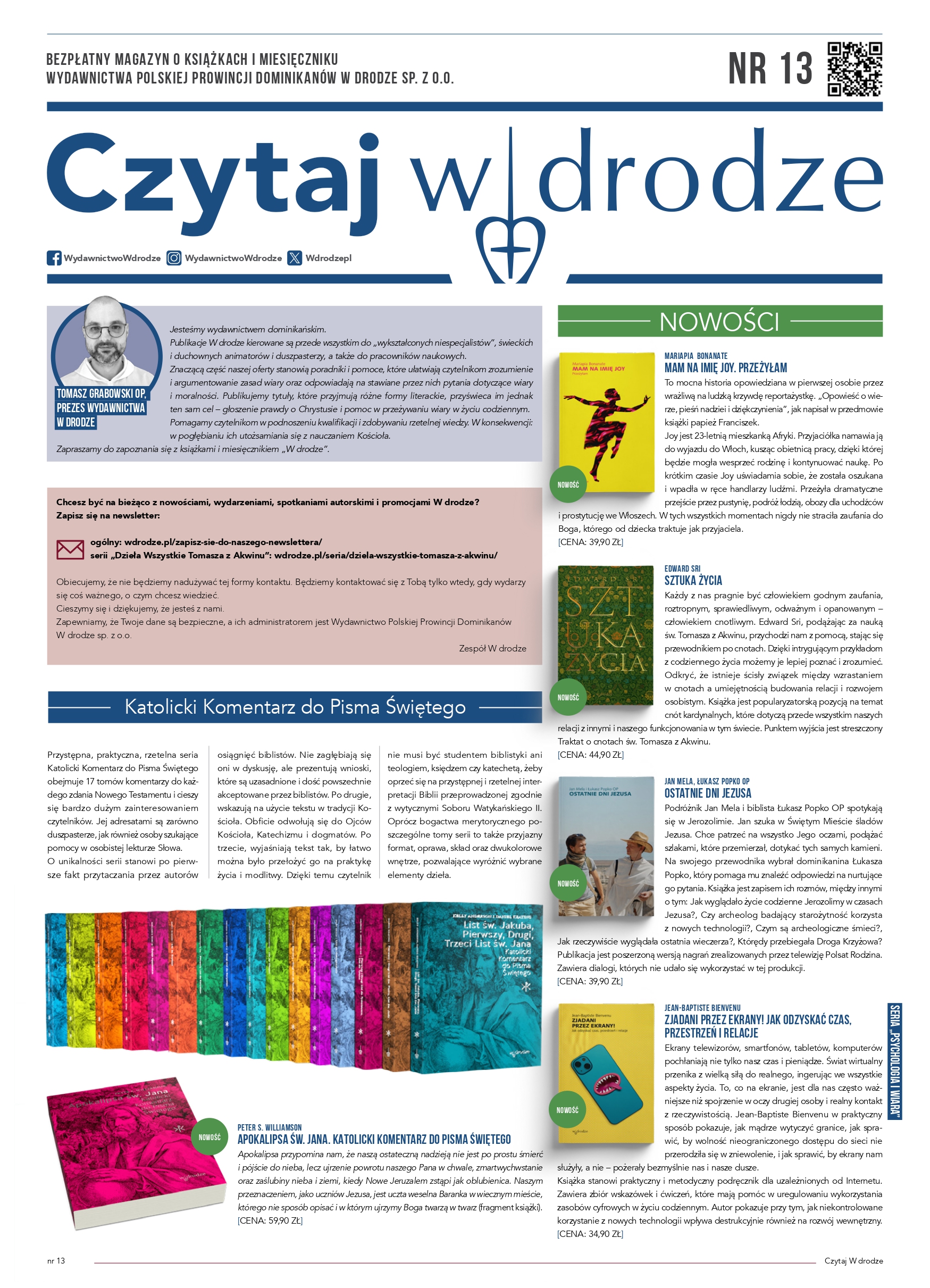
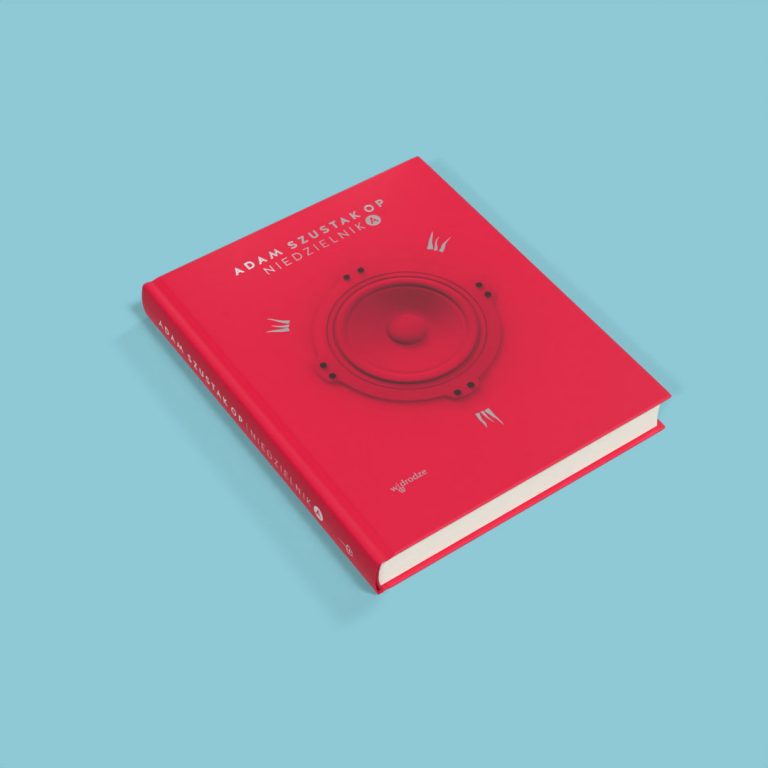

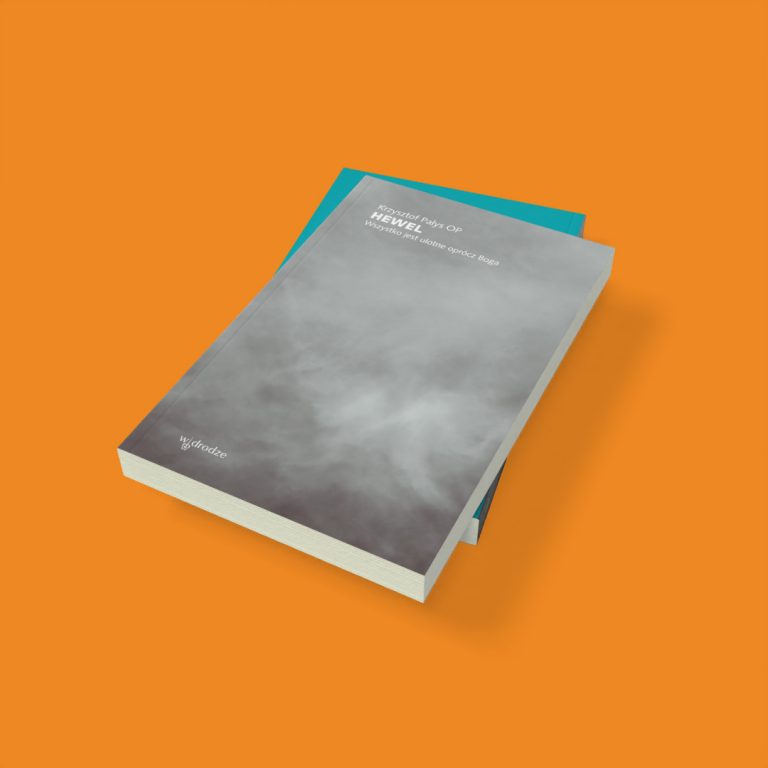

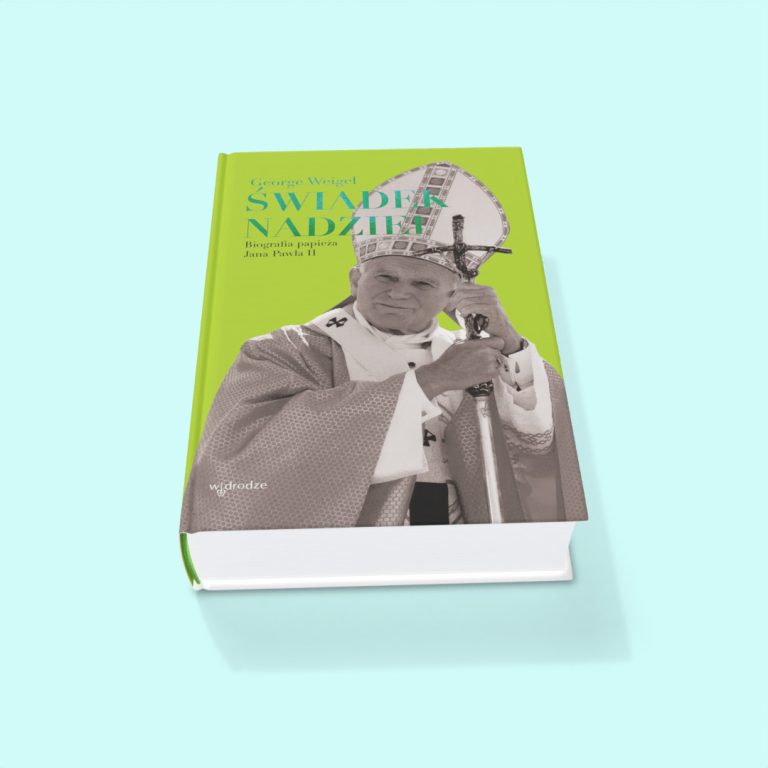
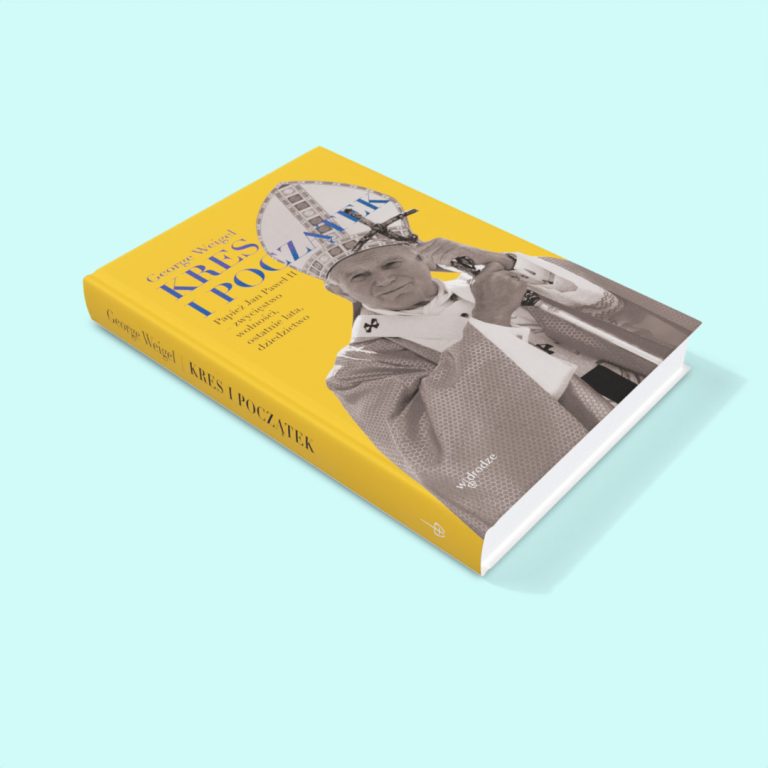
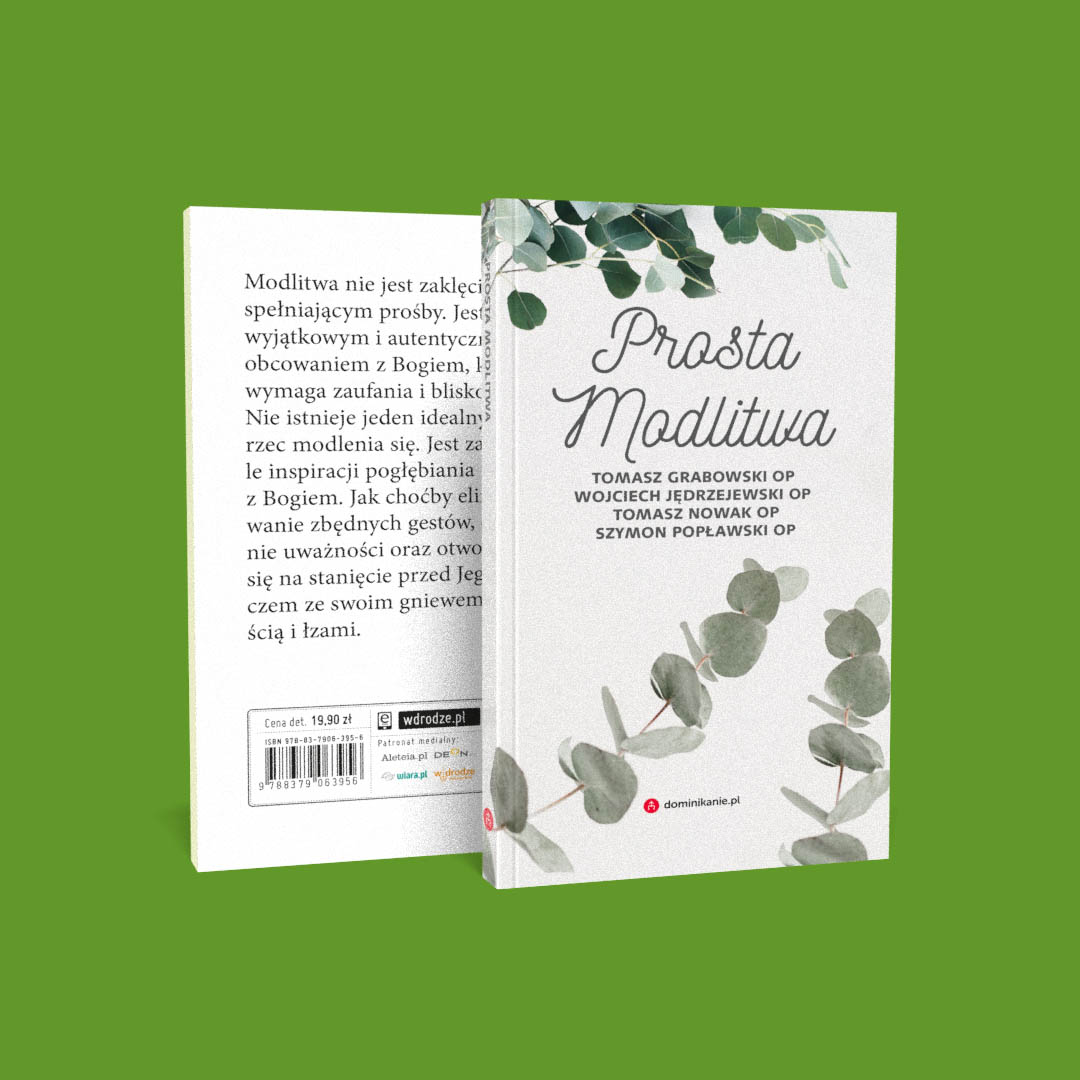
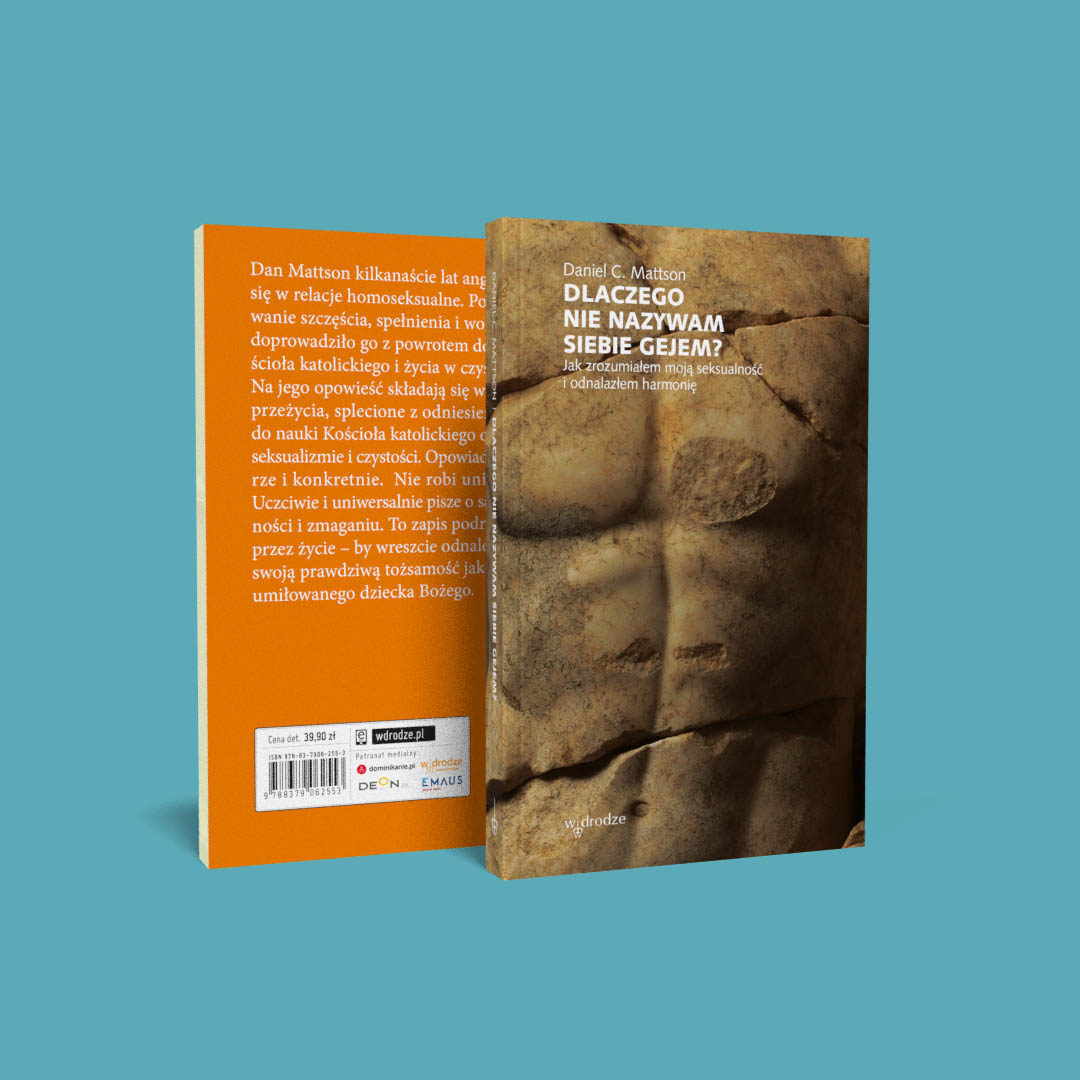
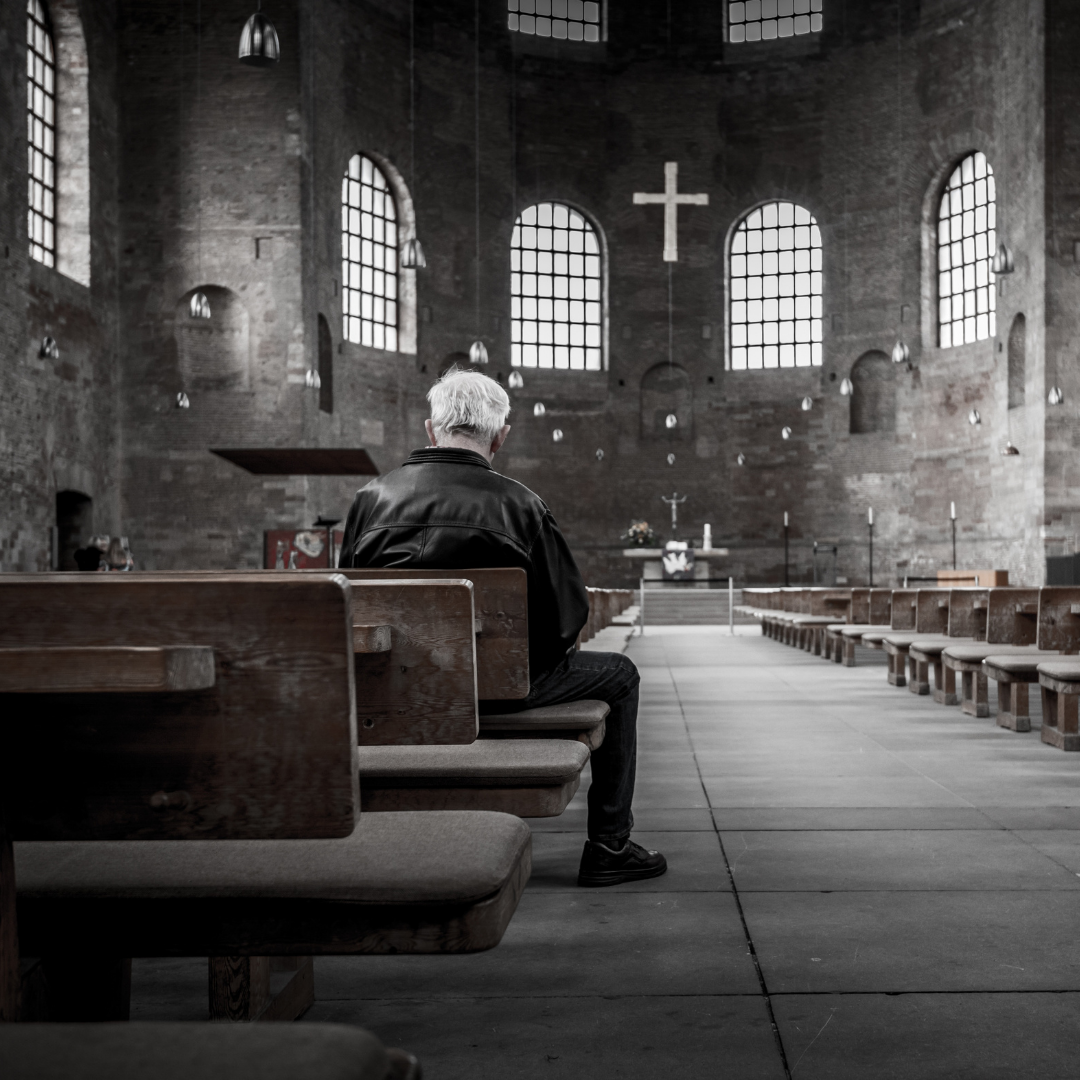
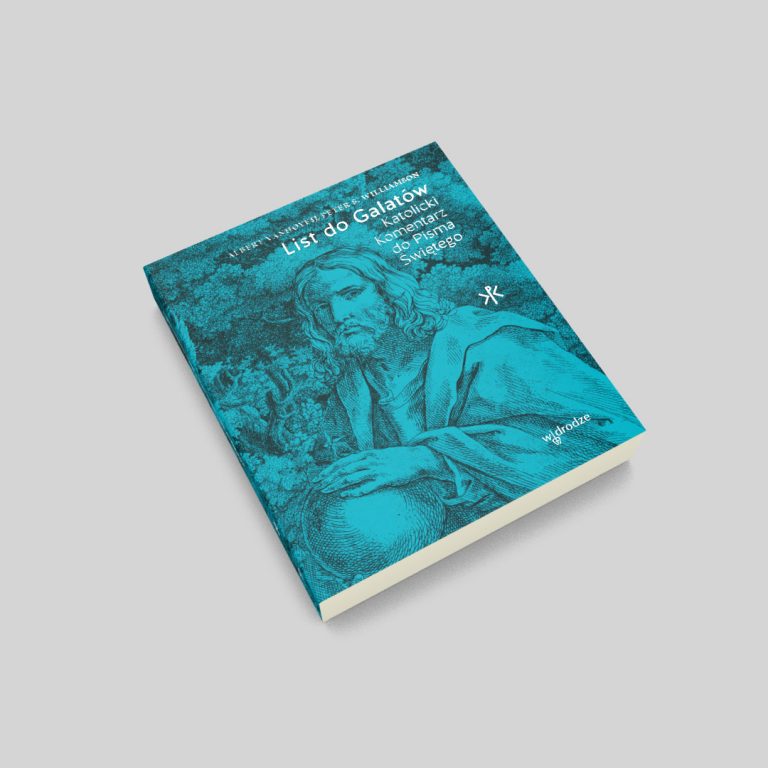









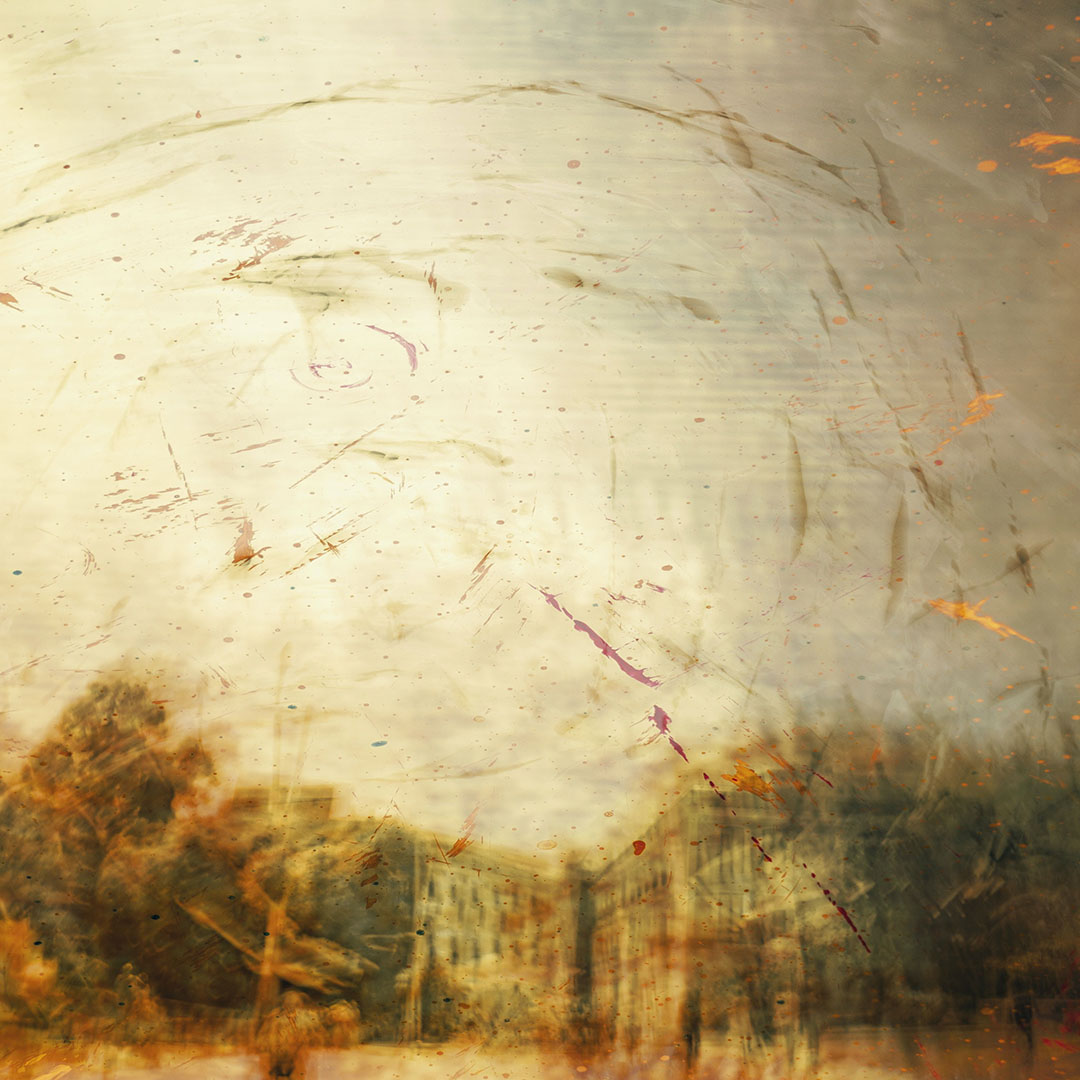





.jpg)













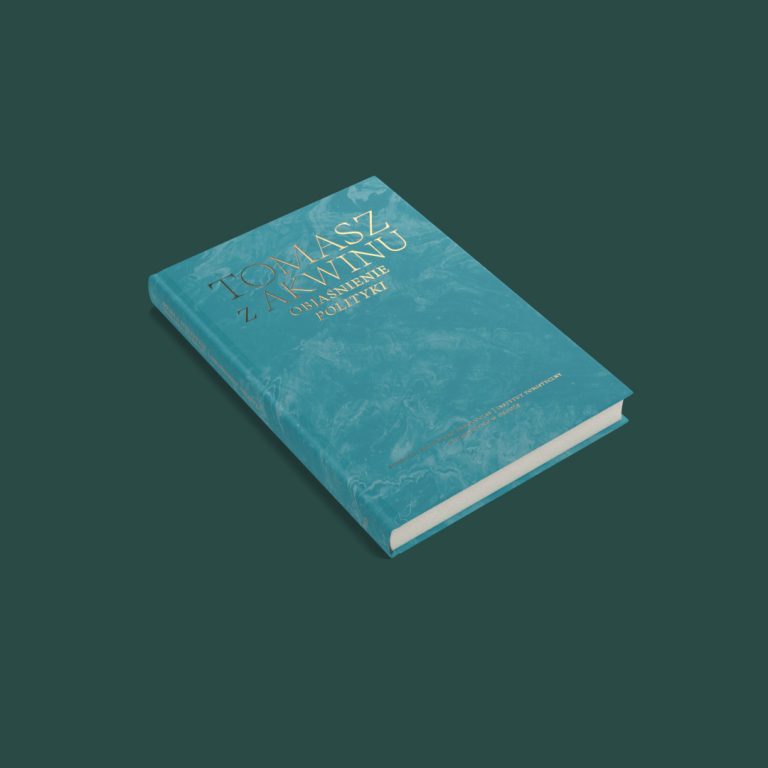

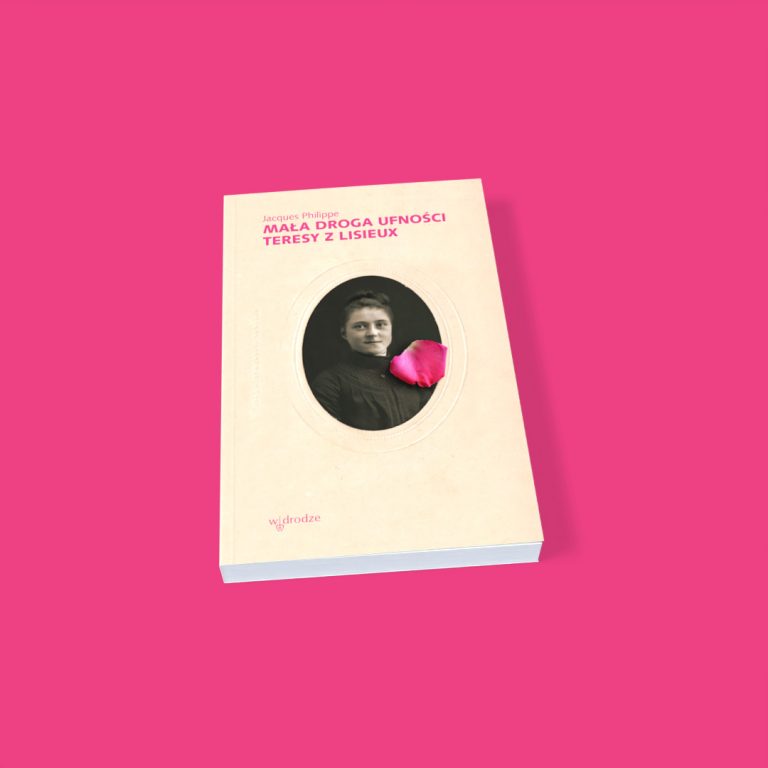
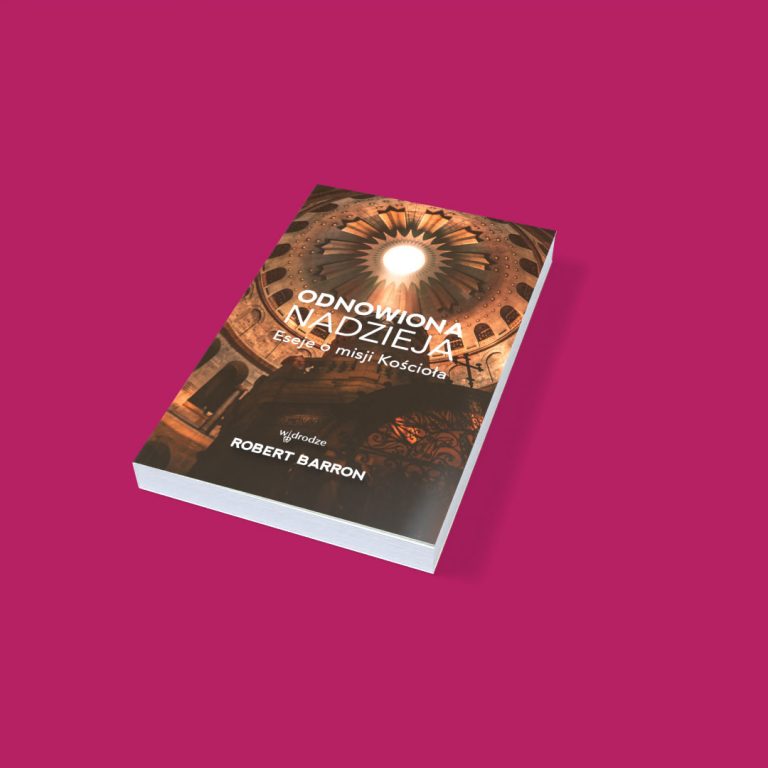
Oceń